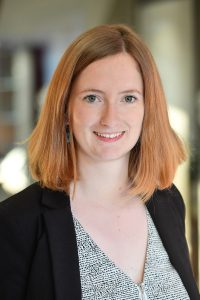
Please describe your role and responsibilities. How long have you been in post?
I’m Head of the Berkeley Foundation, the registered charity established by FTSE 100 property developer the Berkeley Group to help young people and their communities across London, Birmingham and the South of England thrive.
The Foundation was launched in 2011, and I joined as the first full time staff member in 2013, so I have been with the organisation for most of its first decade. My role has evolved and grown with the charity, and I now lead a team of five.
A big part of the role is developing and nurturing partnerships with brilliant frontline charities. We work with charities over multiple years, and believe we have the greatest impact when we build strong, trust-based relationships. This means communicating regularly, and taking the time to really understand our partners. As well as deepening our existing partnerships, we use what we learn to inform future funding decisions and develop new programmes.
Equally important is engaging the Berkeley Group and its 2,900 employees. The company has a strong sense of purpose and is itself embedded in local communities through developments that can be in construction for up to 20-30 years. This is reflected in Berkeley staff engagement with the work of the Foundation: each year more than 60% of staff get involved by raising funds, volunteering their time and skills, and donating through our payroll-giving scheme.
I also work with our Board of Trustees on strategy and governance, and spend time connecting with colleagues from the wider sector through networks such as London Funders, B4SI, IVAR’s ‘Flexible Funders’ initiative, and local funders’ forums.
What was your background previously and where did your interest in social impact begin?
I’ve been interested in social impact since I was at university, although at that point I’d never heard of corporate social responsibility or grant-making. My first job after I graduated was at Oxfam, in their market research and supporter relations teams. It was a great introduction to the voluntary sector, but I quickly felt that I wanted my impact to be closer to home.
My next role was right at the other end of the spectrum as a Project Officer at the Volunteer Centre Southwark, a small charity dedicated to getting Southwark residents and businesses volunteering in their local community. I loved meeting and working with grassroots charities close to my home in South London, and engaging corporate volunteers in new experiences. It opened my eyes to the potential for corporate-charity partnerships to have a real social impact, and to bring communities together. It also gave me an insight into the precarious position of many small charities and infrastructure organisations, which has very much informed my work at the Berkeley Foundation.
How has your social impact programme evolved? What role did B4SI play in its evolution and development?
Over the course of the last ten years our approach has developed enormously. We have become increasingly strategic, focusing on deeper, longer-term charity partnerships. The B4SI impact framework has helped us to concentrate our efforts on depth of impact, rather than breadth of reach.
In response to feedback, we have developed our work to support charities themselves: our new Resilience Fund is all about supporting small charities with organisational development and sustainability, rather than programme delivery. We know our charity partners are operating in a very challenging environment, and the aim of the fund is to create the time and space for them to plan for the future.
We have also evolved our approach to impact measurement, and are increasingly focused on what we (and our partners) can learn from the impact data that is being collected. We have a growing programme of learning events, with opportunities for our charity partners to come together to share their experiences and insights.
What are the challenges you encounter in driving your social impact agenda and how do you stay inspired?
One of our main challenges is communicating our work clearly and effectively with Berkeley staff. We are very proud of the levels of staff engagement with our charity partners, but we believe there is potential to build on this and make even better use of the skills, energy and creativity within the company. However – co-ordinating activity across multiple Berkeley businesses and 70+ offices and construction sites is easier said than done! We, and our team of 30 Foundation Champions across the business, are constantly looking for new ways to share the real life stories and impact of our work.
Spending time with the charities we fund and staying connected to the work on the ground is undoubtedly the best way to stay inspired. While we have kept in close contact with all our partners throughout the pandemic, I can’t wait to get out from behind a screen and into the community again.
How have you supported the community during Covid-19?
Throughout the pandemic, charities have had to contend with a triple threat: falling funding, rising community need, and a more challenging operating environment. Many of our partners work in vulnerable communities that have been disproportionately impacted by Covid.
In the short term, we responded to the crisis in three main ways.
- First, we got in touch with all of our current charity partners to see how they were coping, reassure them that we were here to support them, and provide extra flexibility where it was needed.
- Second, we signed ‘We Stand With The Sector’, a joint funders’ statement signed by over 350 organisations, making public our commitment to the charities we support.
- Third, we distributed over £650,000 in emergency funding to our charity partners to help them respond to the crisis. This included a mixture of unrestricted grants to enable charities to respond flexibly and support running costs, and grants for specific projects to meet young people’s needs.
Longer term, the experience of the pandemic has informed our new Resilience Fund, which will hopefully be helping small charities cope with and adapt to change for years to come.
What is your biggest accomplishment or learning so far?
I think the biggest thing I have learned in this job is to keep listening, and keep learning!
Funders can do a lot of damage by making unreasonable demands of frontline charities, putting in place systems and processes that work for them but not for their grantees, and making assumptions about what support is needed. By building respectful, trust-based relationships, listening to what charities and communities need, taking a more flexible approach, and being willing to learn and improve as we go, we can start to model a different type of funding relationship.
What is your motto in life?
Swim in the sea every chance you get!
